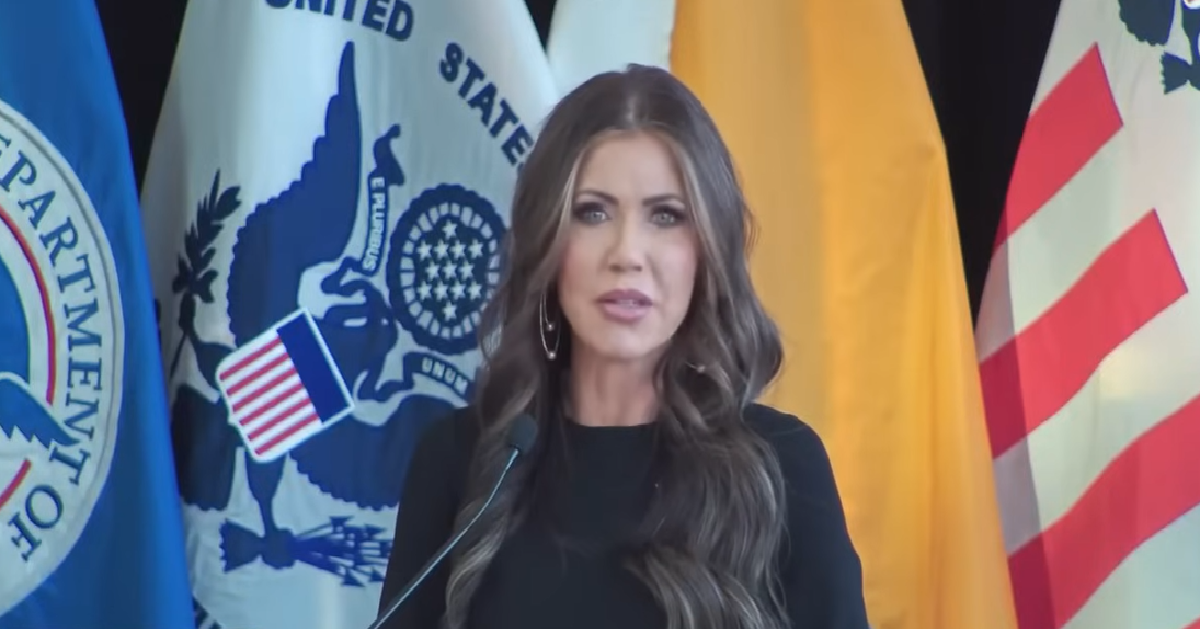DANIEL VAUGHAN: Americans Need Trump To Tackle Inflation
Everyone knows the worst problem lingering from the Biden administration is inflation. It's the overarching issue that helped elect Donald Trump, and voters continue to watch as we venture into tariffs. Inflation remains sticky and is the issue Trump most needs to address.
Now, the shift in public sentiment against Trump, particularly in some of the inflation surveys, is due to party affiliation. Before the November election, Democrats believed inflation was headed below 2%—something that was never supported by evidence, reason, or logic. Now, Democrats polled believe inflation will soar past 7%—again, not supported by evidence, reason, or logic.
Republicans viewed inflation as being higher before the election, around 4%, and now believe it will drop or show no change. So, there are delusions on both sides. But by sheer math, Republicans and independents are closer to the real number one. The Democratic belief that hyperinflation is coming was more supportable during the Biden administration, not the current one.
For Trump, that means some of the economic dissatisfaction is coming from people who are actively attacking Tesla owners, cheering CEO assassinations, and, just six months ago, believed the economy was in top shape. But it's not all Democrat beliefs; inflation is sticky.
The most recent PCE report showed core inflation is hotter than expected. CNBC reported, "Federal Reserve officials focus on the PCE inflation reading as they consider it a broader measure that also adjusts for changes in consumer behavior and places less of an emphasis on housing than the Labor Department's consumer price index. Shelter costs have been one of the stickier elements of inflation and rose 0.3% in the PCE measure."
That leaves the Treasury and the Federal Reserve in a tricky position. The Federal Reserve must stay in "wait-and-see" mode and can't lower interest rates. Meanwhile, the Treasury has a dire need to refinance America's maturing debt to prevent a debt crisis. But they'd like lower interest rates to do that.
To answer this, Trump has imposed a barrage of tariffs. His critics blast them as raising inflation—which is true to a point. What's unclear is how long that inflation shot lasts. The Federal Reserve is largely ignoring that threat for now because the answer is unknowable.
The Wall Street Journal reports, "Officials at the Federal Reserve, who last year were heartened by a broad-based easing in price pressures, now expect tariffs to push prices up this year while weakening growth."
The Journal also noted, "Even the president, famous for plowing through bad news, has refused to rule out a recession as he describes a transition period in his quest to upend global trade alliances and reinvigorate domestic manufacturing. 'Everything could happen,' Trump acknowledged last week on Fox News."
One interpretation is that Trump is fine with a recession because it would spur the Federal Reserve to cut rates despite any inflation. If recessionary drivers were real, growth could slow down enough to allow lower interest rates without inflation growing.
If that happens, Trump and Bessent will have their ideal scenario: a low-rate environment in which they can remake American debt, lower our interest payments, and use that cheaper credit to turn around and spur growth.
Of course, this assumes the White House is thinking about this. They might just straight up believe tariffs will drive long-term growth, which is generally rejected by most research. And piling on tariffs, which are a form of tax, without getting tax cuts through Congress creates economic pain in one direction without any relief in the other.
Either way, the inflation threat is already real and without any real impacts from tariffs. We haven't seen the hard effects of tariffs because of the stop-and-start again nature of most of them. However, the stickiness of regular inflation, from reports the Federal Reserve relies on, is real.
This is the primary challenge for this White House. I fully understand Trump doesn't bear the blame for why inflation occurred. But he did run on fixing it, and Americans were willing to jump on the train because the Biden-Harris economic agenda was a dead-end road. They pretended inflation didn't exist and hand-waved away their role in the problem.
Inflation isn't going anywhere, and Trump has four years to solve it. Whoever succeeds Trump in the Republican Party needs that solution to work—and fast. Because what Americans want is for prices to drop—that's disinflation. Lower inflation rates just mean prices are still going up.
At the very minimum, Americans would like a few years in which their wage growth outpaces inflation. They can't even get that right now, either. Trump has his work cut out for him, but this remains the most important issue before the White House.






